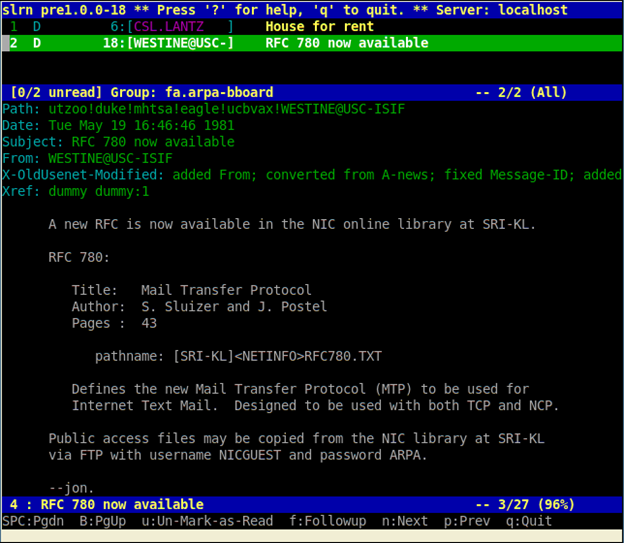Working with custom security checks in Invicti
Invicti comes with thousands of carefully crafted automated security checks to identify vulnerabilities in a wide variety of modern web applications. But when you want to dive deeper into the scanning process or define application-specific tests, Invicti also provides the option of writing custom security checks using nothing more than a bit of JavaScript.
Your Information will be kept private.
Begin your DAST-first AppSec journey today.
Request a demo
How Invicti runs security checks
Operating as a black-box web vulnerability scanner, Invicti probes and examines your application from the outside, exactly as an attacker would. During testing, Invicti visits every link that its crawler detects and makes requests to all input points in detected resources, including the URLs used to reach these resources. Next, it safely performs test attacks on the target application by sending suitable attack payloads to the identified input points. Finally, it analyzes the responses to detect vulnerabilities in the web application.Built-in and custom security checks
To identify vulnerabilities, Invicti uses thousands of built-in security checks, incorporating over a decade of continuous security research and development for maximum coverage and accuracy. In fact, over 94% of direct-impact vulnerabilities will be confirmed automatically by the scanner with 99.98% accuracy, so you know you can trust the results. However, every application environment is different, so occasionally you may want to add a custom check to test application-specific assets or payloads. With its custom scripts for security checks feature, Invicti Enterprise lets you write custom security checks in JavaScript. Once they are added to your account, you can use custom scripts in a custom scan policy to scan specific URLs or entire sites.Types of custom security checks in Invicti
Custom security checks in Invicti fall into four categories, depending on the scope of testing and type of attack activity: active, passive, singular, and per-directory.Active security checks
With custom active security checks in Invicti, you can define your own attack patterns. During the test attack phase, Invicti will inject these custom attack patterns into parameters discovered by the crawler. Each attack pattern you provide in your custom script will result in one HTTP request for each parameter discovered by the crawler. You can specify the type of parameters that will be targeted for injection. For example, you may choose to attack only JSON parameters but not query string or POST body parameters. After Invicti sends the attack request and receives a response, you can then examine the HTTP response to decide if the injected attack pattern has revealed a vulnerability.Passive security checks
Passive security checks do not issue any extra HTTP requests during scans. You can write passive security check scripts to analyze the responses received by the crawler for each endpoint. If the response contains sensitive information or other undesirable data, you can then raise a new vulnerability in Invicti.Singular security checks
These are similar to passive security checks but executed only once for each scan, which is useful for checking headers and similar data. You can analyze the response of the target URL for the scan and raise vulnerabilities if necessary.Per-directory security checks
These are very similar to active security checks but executed once for every directory (URL segment). Generally, you should write per-directory security checks if you want to check for the existence of certain files in the directories of the target web application, for example, known resources that are not linked anywhere in the web application.Writing a custom security check
Custom security checks in Invicti are coded in JavaScript, so you don’t need to learn another scripting language to write them. Our support page provides detailed documentation about writing security checks, but let’s take a quick look at a simple script to learn the basics. Here is a sample script for a custom active security check:var attacks = [
{
id: '8613F6DB-9AD2-4E45-9B8F-308C810FF7DB',
name: 'My New Pattern',
attack: '%27AND+1%3dcast(0x5f21403264696c656d6d61+as+varchar(8000))+or+%271%27%3d%27',
attackUsage: AttackUsages.Json + AttackUsages.Xml
}
];
function analyze(context, response) {
if (response.Body.indexOf('iNj3Ct3D') > -1) {
return new Vulnerability(VulnerabilityType.PossibleSqlInjection);
}
}id, name, attack, and (optionally) attackUsage. The id must be in the GUID format and unique. The name is what will be displayed in your custom scan policy, while the attack property specifies the payload that will be injected into request parameters.
The optional attackUsage property defines the type of parameters into which the attack will be injected (query string and POST parameters by default). You can combine multiple values using the addition symbol. Invicti automatically encodes the payload using the right method for the parameter type, unless you add the optional attackEncoded property to indicate that the attack is already encoded.
The second part of the script is response analysis. The analyze() function is executed for every response to an attack request made during the scan. The function takes two parameters: context and response. The context variable includes information about the current attack context, while response represents the HTTP response returned by the web server in reaction to an attack pattern specified in attacks.
If you decide that the response indicates a vulnerability, you can return a new Vulnerability object with a suitable vulnerability type. In this example, the function checks if the response body contains a specific test string and if so, it returns a Vulnerability object corresponding to an SQL injection.






